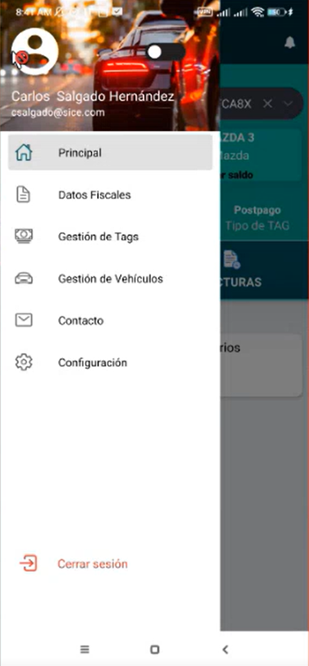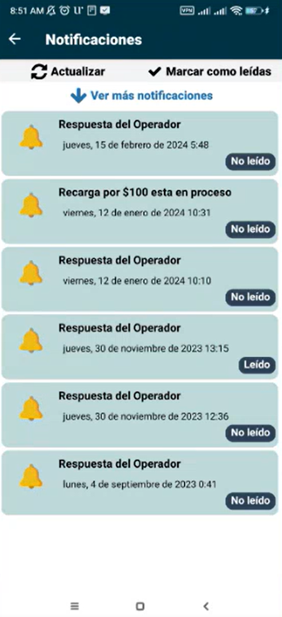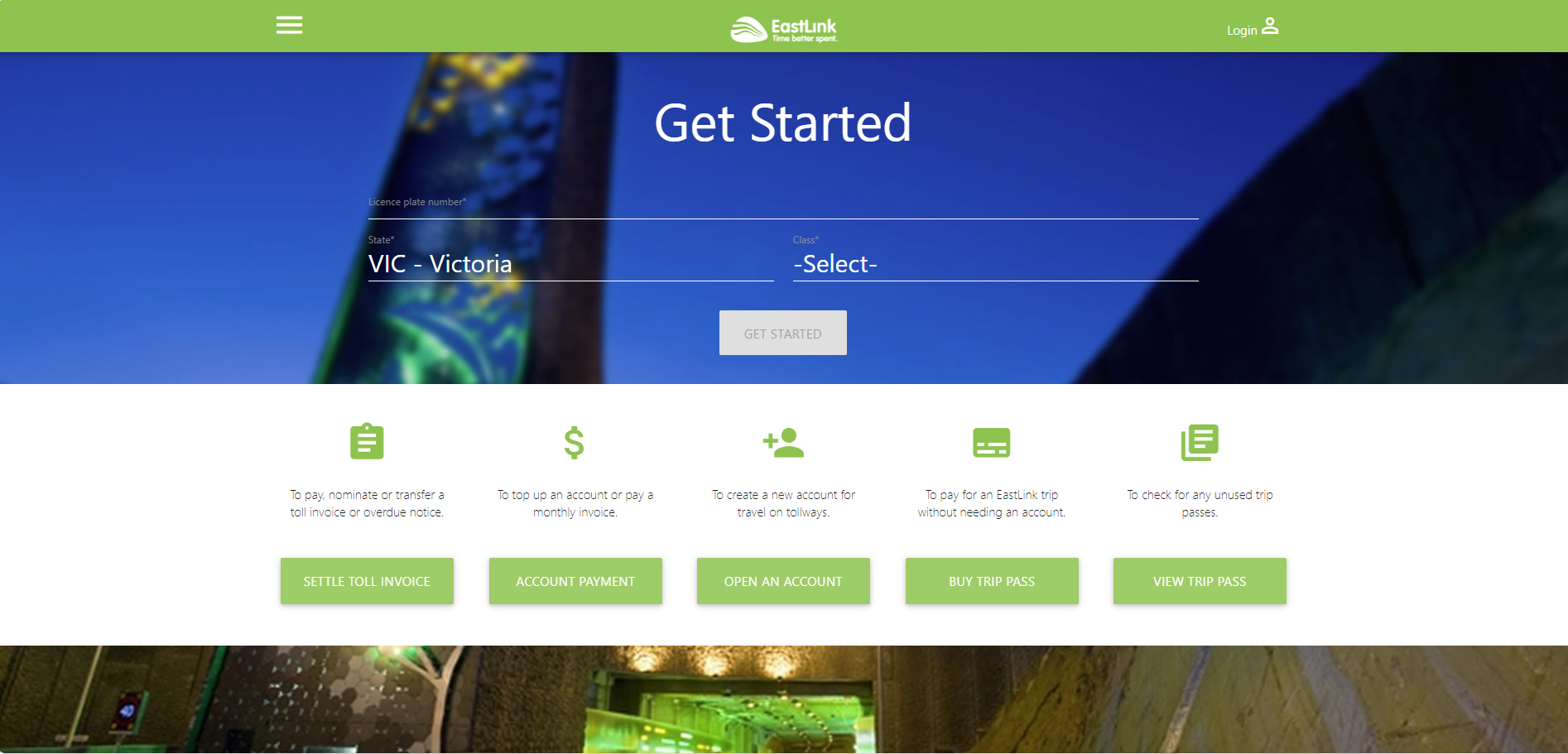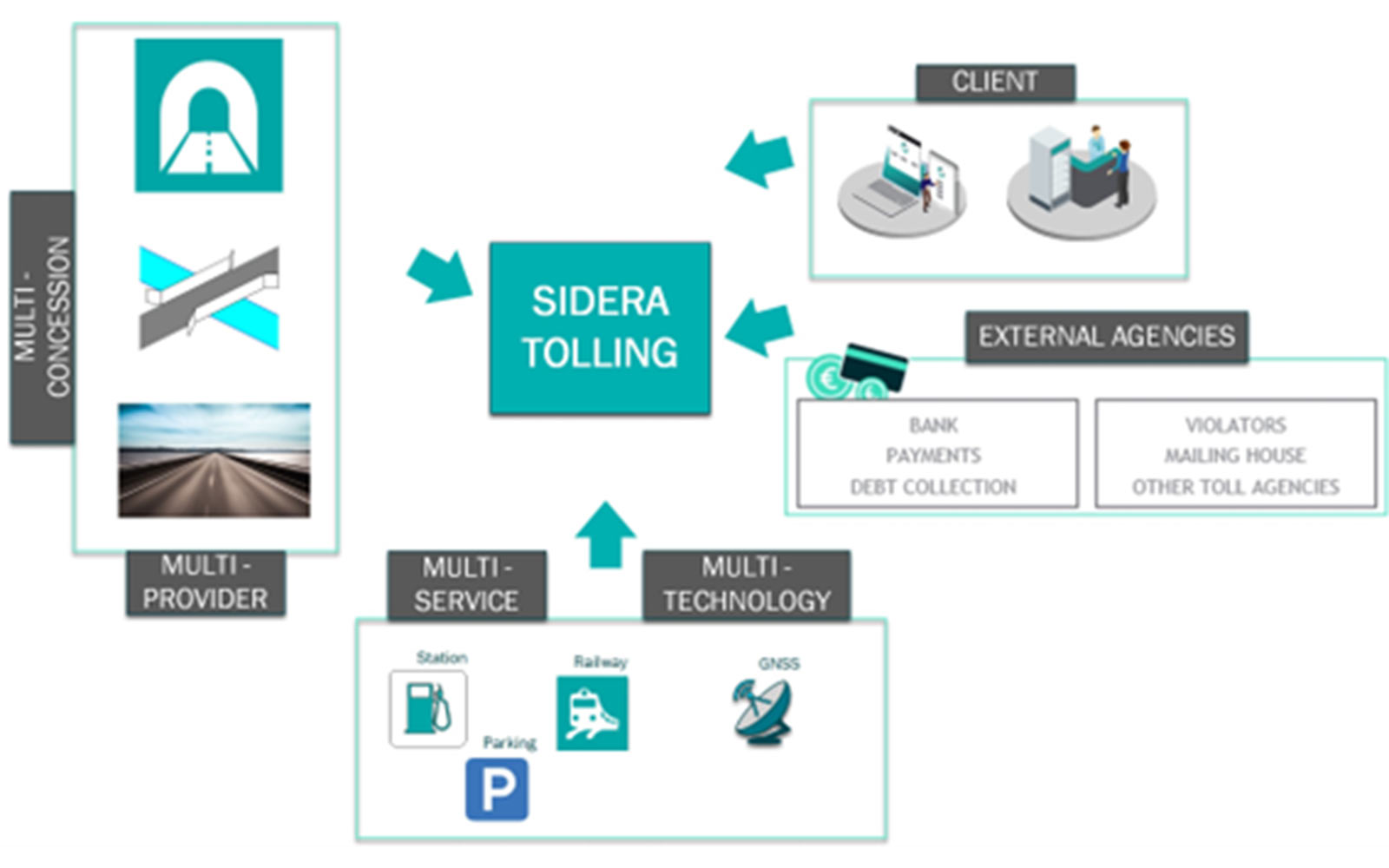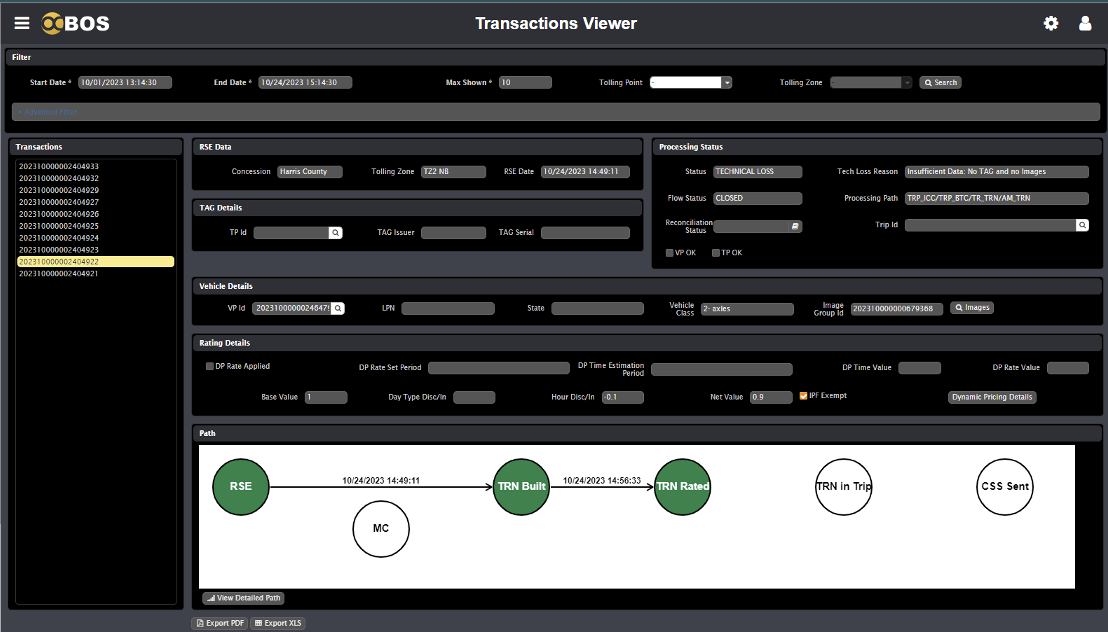Choose language
SIDERA TOLLING
SICE is a leader in the international Toll Solutions market with projects implemented in Europe, America, Oceania, the Middle East, Africa and Asia. SICE is one of the most reliable partners in the industry thanks to its ability to adapt to each market and to its customers, along with the excellent features of its solutions.
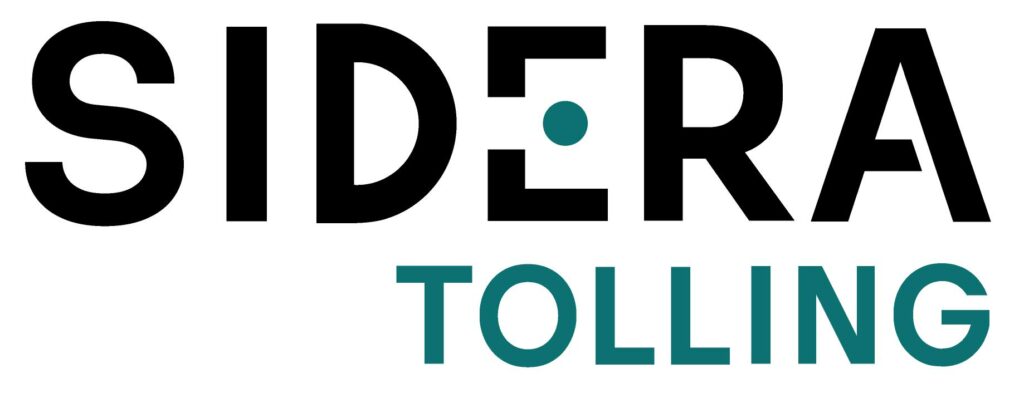
SIDERA Tolling is the SICE cross-functional platform that combines all Toll Back-Office services. It is a modular, service-oriented platform that agilely customises the solution to the singularities of each project. It is mainly composed of two large blocks, Operational Back-Office (OBO) and Commercial Back-Office (CBO).
Because SIDERA Tolling combines over 35 years of experience in integrated Toll Solutions, from Roadside Equipment (RSE) to central Back-Office Systems (BOS), in a process of continuous evolution in which our customers are the main beneficiaries.
SIDERA Tolling has the most advanced technology, with a modular architecture based on containers and microservices. It is agnostic to the platform that supports it and can be either cloud or on-premise based. It supports different delivery models, such as Software as a Service (SaaS), in line with the preferences of our customers.
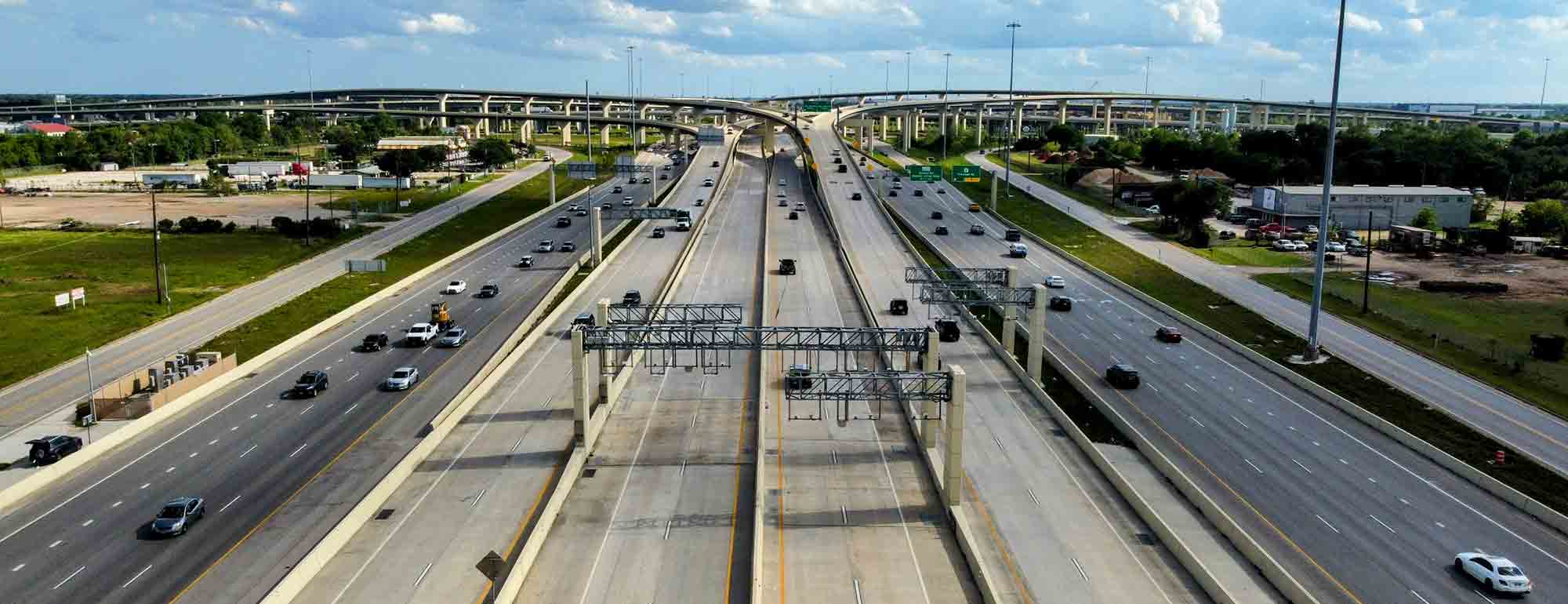
We strive to contribute towards optimising the projects in which we collaborate. SICE therefore has a series of open, high-performance management tools, such as dashboards, predictive analytics and operational reports.
Seeking to minimise operational costs by reducing the number of images requiring manual processing, SICE introduces its AAVI (Advanced Automatic Vehicle Identification) solution supported by fingerprinting technology (Machine Learning, Deep Learning).

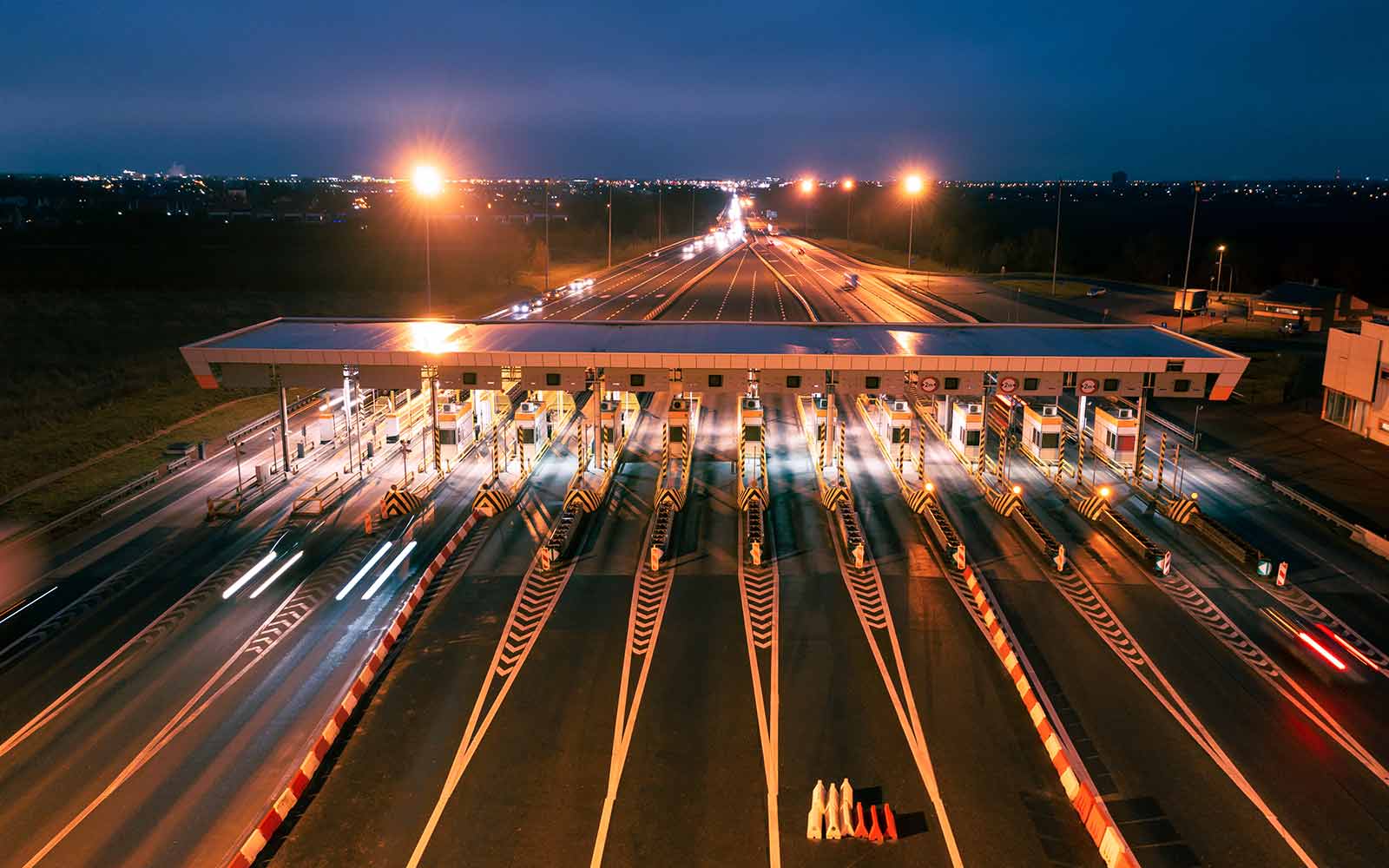
SIDERA Tolling is designed to support Pay per Use and Congestion Charge models. It has a high level of flexibility to incorporate different pricing criteria in line with the interests of our customers.
